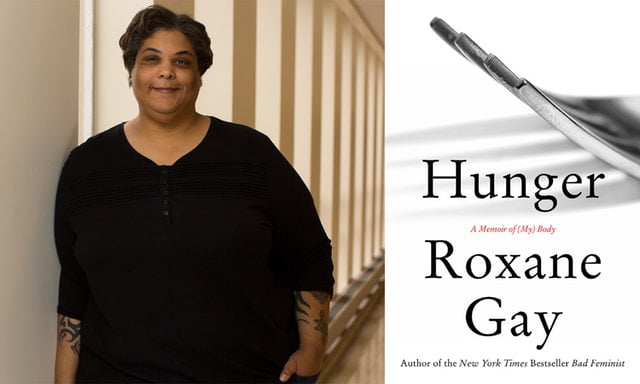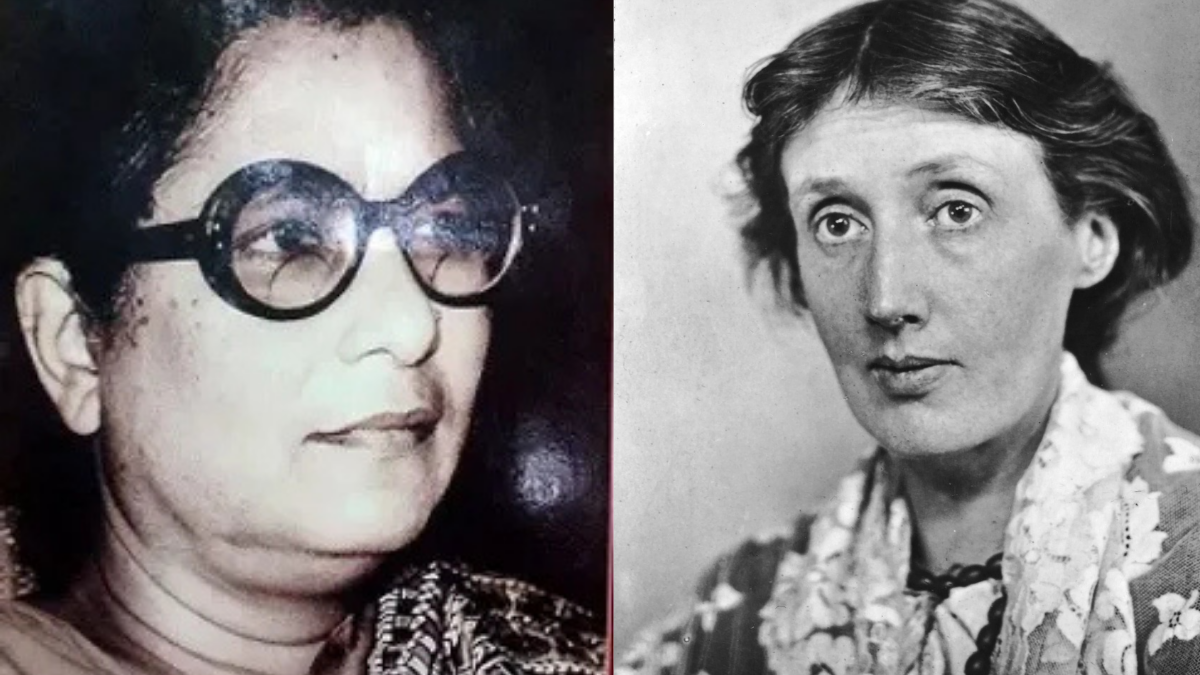Our society poses numerous expectation on women, one of them being the constant modification of our physical bodies in order to match up to unattainable beauty standards. We are supposed to be thin but not too thin, polite but not boring, talkative yet not too talkative, visible yet not more visible than men. As a feminist, this becomes a challenge. If you identify with an ideology based on the visibility of women, how do you deal with consequences of breaking these patriarchal expectations? This is what Roxane Gay explores in her book Hunger: A Memoir of My Body
“This is what most girls are taught – that we should be slender and small. We should not take up space. We should be seen and not heard, and if we are seen, we should be pleasing to men, acceptable to society. And most women know this, that we are supposed to disappear, but it’s something that needs to be said, loudly, over and over again, so that we can resist surrendering to what is expected of us.”
Also read: Reflections On Being A Fat Woman: My Body As The Site Of Moral Panic
Roxane Gay in her book creates revolution through raw vulnerability. Divided into two parts, pre and post-sexual assault, Roxane Gay does not only talk about the politics of fatness, but talks about embodiment and the significance of a woman’s physical body especially when it has been violated. She does not only speak about physical hunger but about hunger for love, respect, safety, intimacy, and even justice. She calls her body “unruly” and explores how a patriarchal society wants to contain, dominate, and train her body.
She calls her body “unruly” and explores how a patriarchal society wants to contain, dominate, and train her body.
Roxane Gay traces the journey of her body as she makes it a fortress, that protects her and becomes her. She talks about wanting to make her body bigger and bigger so no man could harm her. She claims the bigger her body got, the more invisible yet safe she felt. She doesn’t shy away from sharing moments of pure pain and hurt that she experienced in a way that has never been done before. She talks about the grey areas of violence when she says:
“We don’t necessarily know how to hear stories about any kind of violence, because it is hard to accept that violence is as simple as it is complicated, that you can love someone who hurts you, that you can stay with someone who hurts you, that you can be hurt by someone who loves you, that you can be hurt by a complete stranger, that you can be hurt in so many terrible, intimate ways.”
She talks about her struggle with loving and accepting her family as they took the liberty to constantly criticise her body and put it under scrutiny, another grey area of being hurt by someone you love and who loves you, an experience numerous fat/curvy women experience everyday. She connects the invisibilised ties of body shaming and capitalism by letting her readers know about the multi-billion dollar industry being created just to make money off shrinking and invisibilising women’s bodies.
She talks about the contradiction of being fat and being a feminist when she says, “I am hyperconscious of how I take up space. As a woman, as a fat woman, I am not supposed to take up space. And yet, as a feminist, I am encouraged to believe I can take up space. I live in a contradictory space where I should try to take up space but not too much of it, and not in the wrong way, where the wrong way is any way where my body is concerned.”
As women we are always told to occupy less space, shrink our bodies, shrink our personalities. If we do not do this we are loud, obnoxious, ugly.
The book almost comes off as a personal journal that Roxane Gay allowed the entire world to flip through. In an interview Gay said, “this was the hardest book to write” and this in turn makes Hunger a hard book to read as a curvy woman. It makes you see your physical body as a component in every realm of your life, your job, relationships, and even sexuality. It forces you to confront and embrace the contradictions that we all embody, and pushes you to take up space by being more than your body.
Also read: In Search Of The ‘Perfect’ Body
Reading this as an Indian woman, I was reminded of all the media portrayals of women I had ever been shown. They were all thin and slender but they were also symbols of sacrifice. They were women who did not take up space and that was a virtue that defined their womanhood. As women we are always told to occupy less space, shrink our bodies, shrink our personalities. If we do not do this we are loud, obnoxious, ugly. Roxane Gay reminds us why it is okay for us to take space. To be big, curvy, loud, angry and loud
“I am determined to be more than my body – what my body has endured, what my body has become.”
Featured Image Source: Nylon
About the author(s)
Undergraduate studying Religion and Gender, activist, feminist. Gender pronouns - she/her/hers




